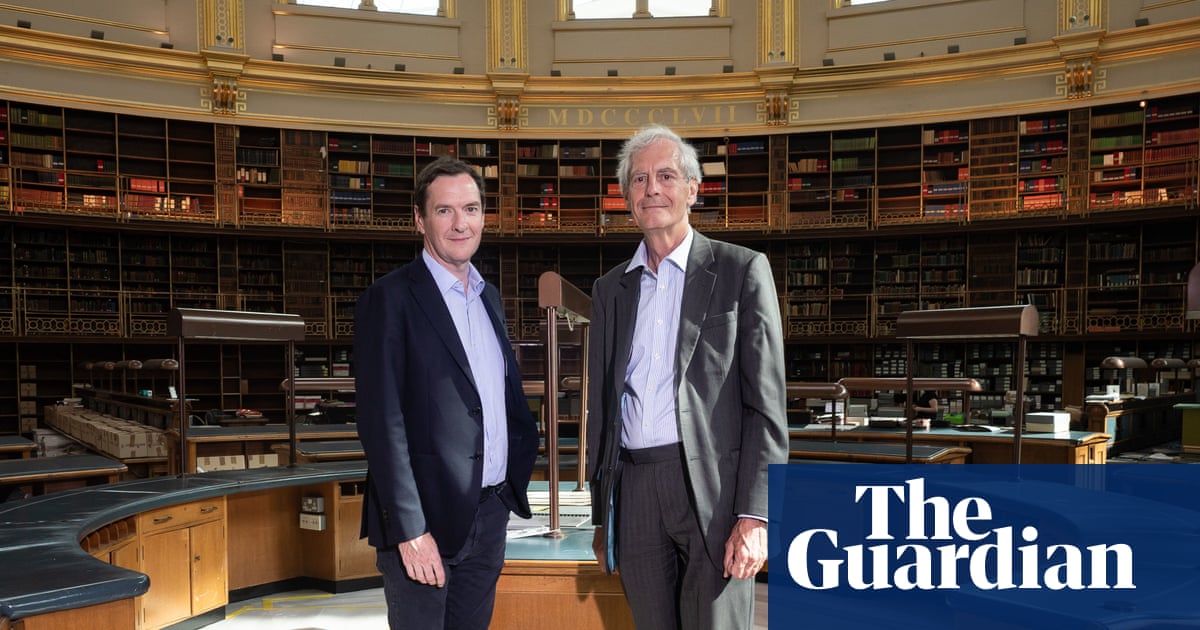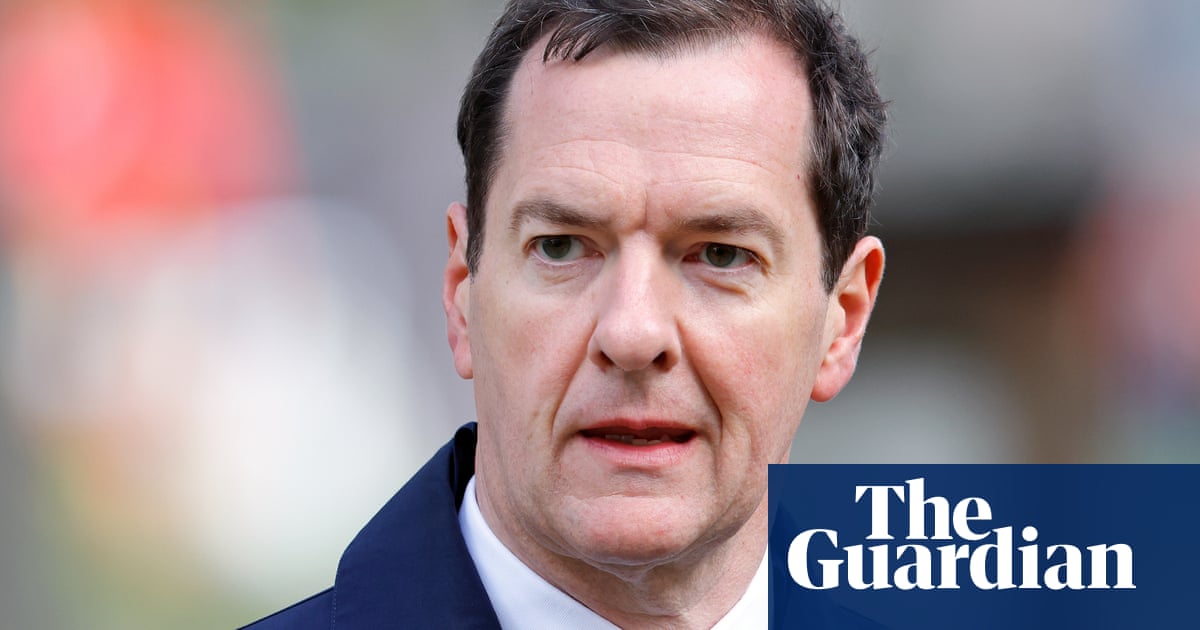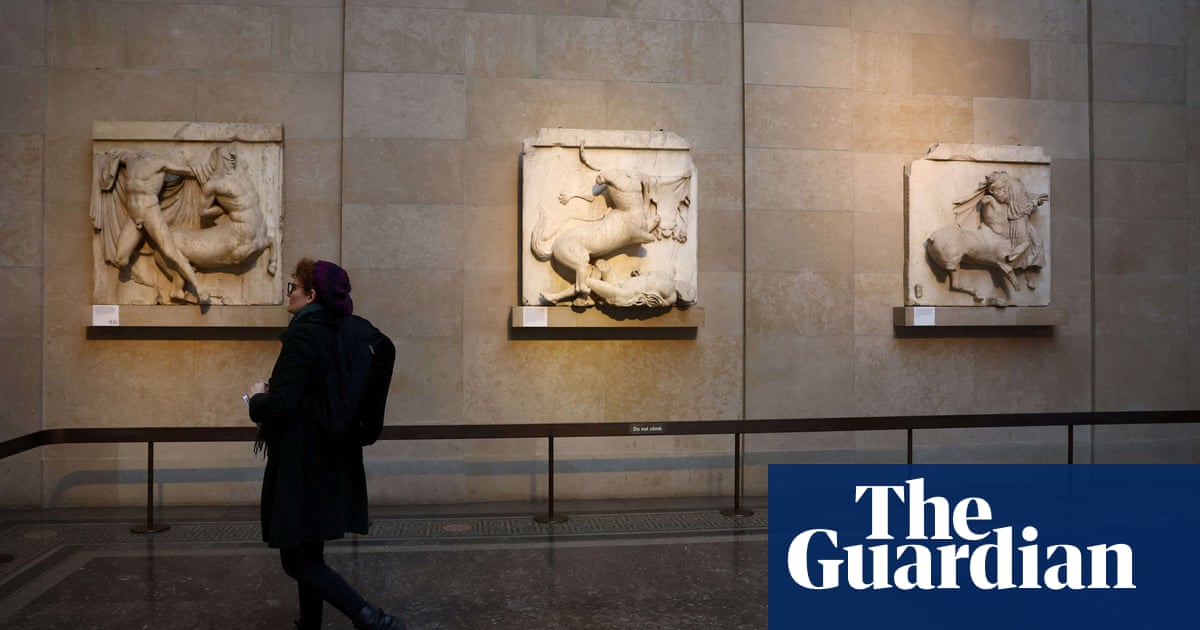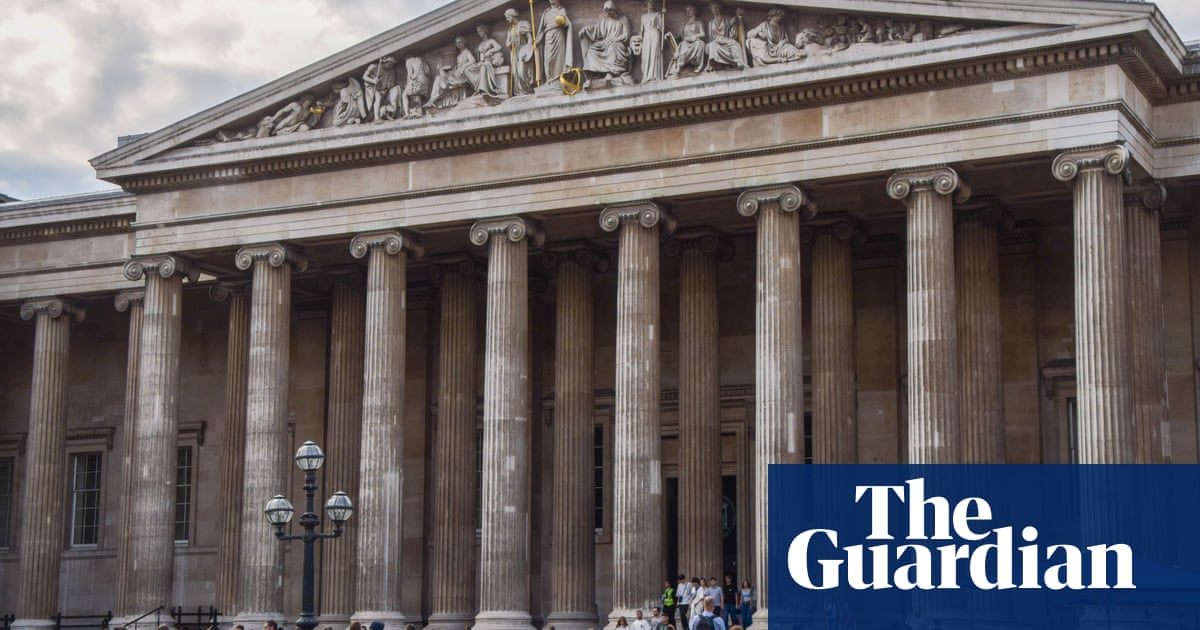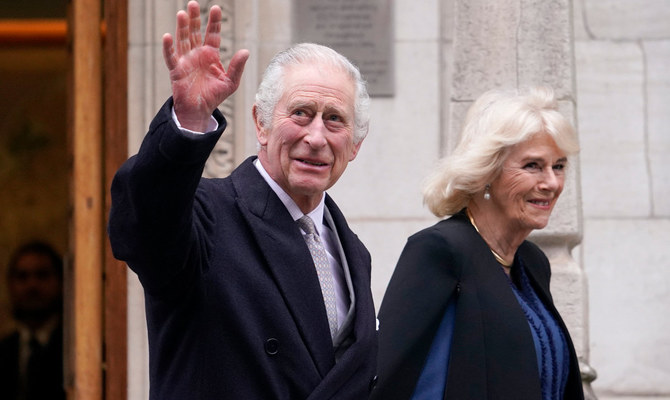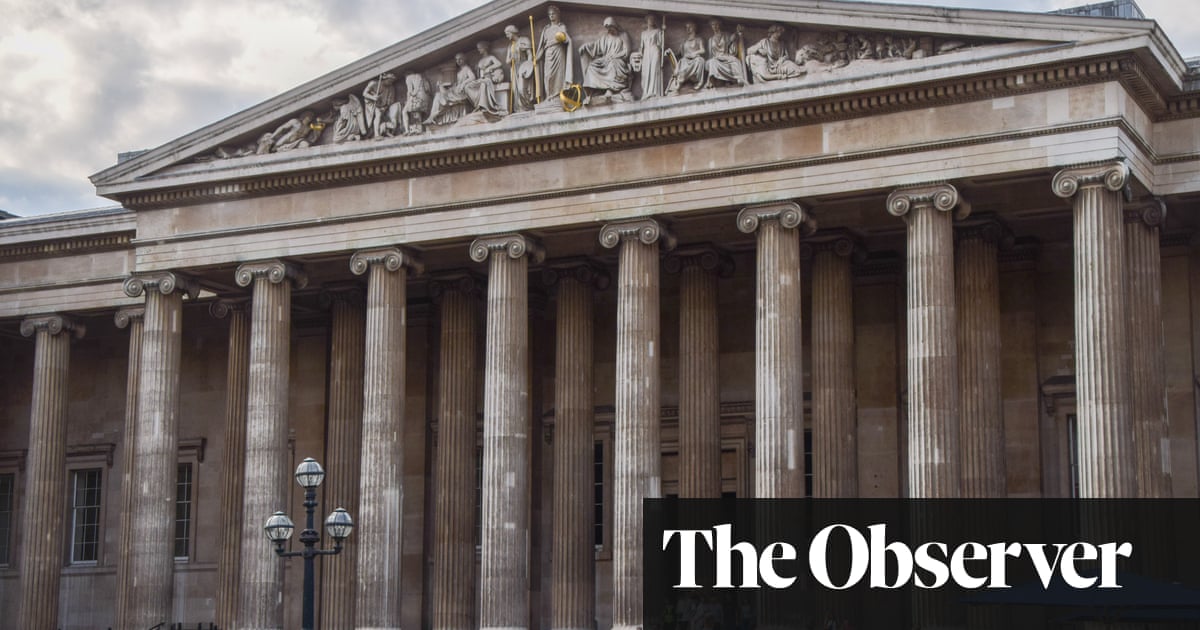
The recovery of missing British Museum artefacts is under way, George Osborne, the institution’s chair of trustees, has said as he apologised over the scandal that has engulfed the museum, and admitted that its reputation had been damaged.
About 2,000 items are believed to be missing, Osborne told the BBC Radio 4’s Today programme, the day after the organisation’s head resigned and his deputy stepped back.
Hartwig Fischer said on Friday he accepted responsibility for the museum’s failure to properly respond to warnings about the suspected thefts of thousands of objects in 2021. A police investigation has been launched.
Osborne said he doubted a “cover-up” had taken place over the suspected thefts, but acknowledged that an inquiry might still reach that conclusion. “I don’t myself believe there was a deliberate cover-up, although the review may find that to be the case,” he said. “But was there some potential groupthink in the museum at the time, at the very top of the museum, that couldn’t believe an insider was stealing things, couldn’t believe a member of staff was doing this? Yes, that’s very possible, and we won’t be the only institution that has fallen foul to that.”
Admitting that the museum did not have a complete catalogue of its collection, he said that a new storage facility in the Thames Valley was planned, but acknowledged this issue put the museum’s security at risk. “Someone with knowledge has an advantage in removing some of those items,” he said.
After Fischer’s resignation, Osborne said the director had “acted honourably” and that “no one has ever doubted Hartwig’s integrity, his dedication to his job, or his love for the museum”.
The museum said Fischer would step down “with immediate effect”, but later clarified he would step down once an interim leadership arrangement was in place. It was then announced that the museum’s deputy director, Jonathan Williams, had agreed to voluntarily step back until the independent review into the suspected thefts had concluded.
The chair of trustees defended the British Museum after the scandal led to an outcry from nations that have been campaigning for the institution to return its artefacts. The development has led Greek officials to renew their demands for the return of the Parthenon marbles, while Nigerian officials have also called for the return of looted treasures.
Asked about whether the suspected thefts, and the museum’s response to them, invalidated its argument that other countries’ institutions could not be trusted to care for their treasures properly, Osborne said it was a “statement of the obvious” that the saga had been damaging to the institution’s reputation.
But he added that many large museums were “potential victims to this kind of theft”. “Our responsibility now is to make sure we really have learned the lessons so that this kind of thing is much harder, much less likely to happen in the future,” he said.
He defended its collection of ancient artefacts from around the world, describing the museum as a “source of great national pride” despite the scandal. The museum has long faced criticism for refusing to return looted objects, including the Rosetta Stone, the Benin bronzes and the Gweagal shield. “It’s a place where you can see all the civilisations together, and there are very few places like that in the world.
“Just because it would have been impossible to assemble that collection today, doesn’t make it illegitimate – I would say it makes it invaluable. In an age where we’re always being reminded of what divides us, it’s a place that reminds us of what we have in common.”




